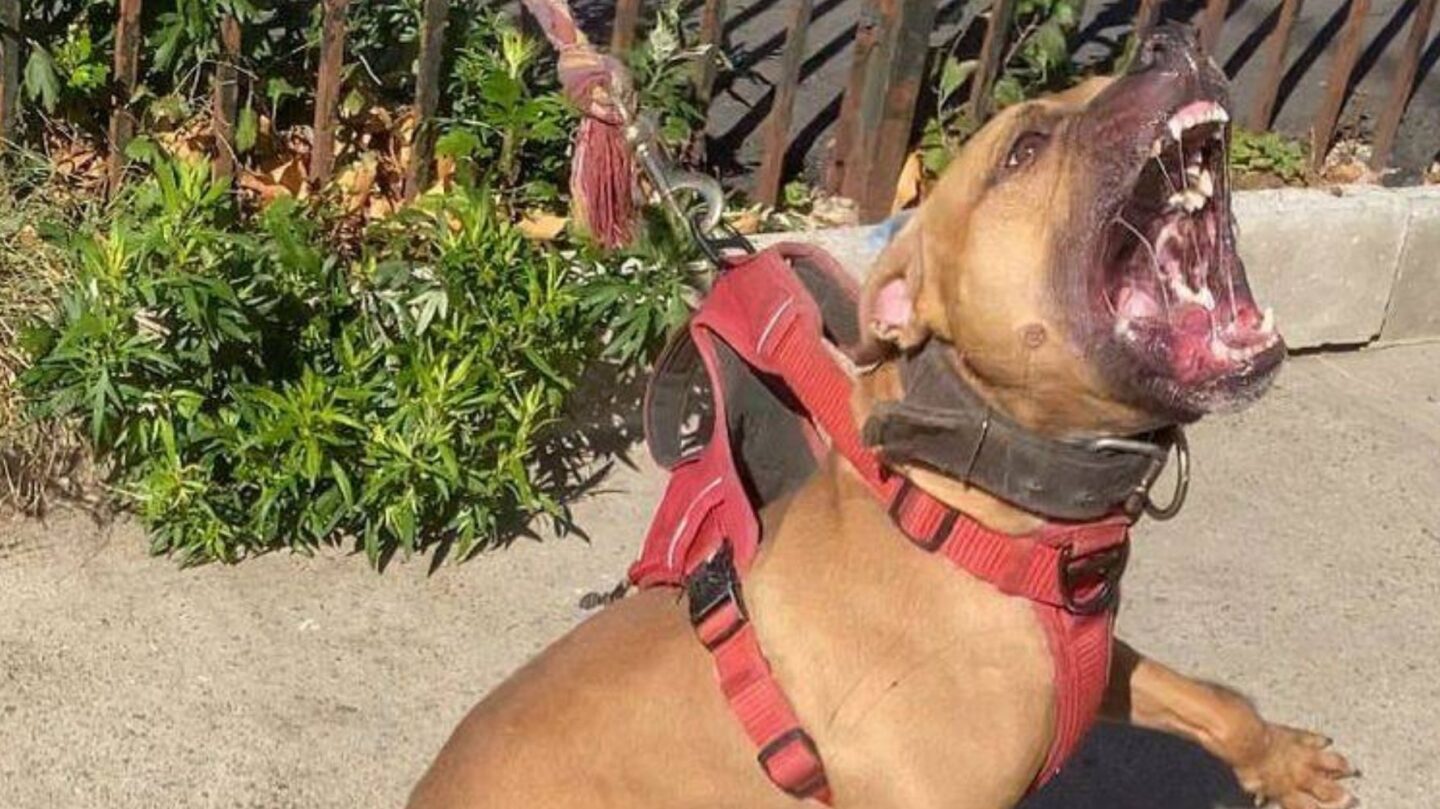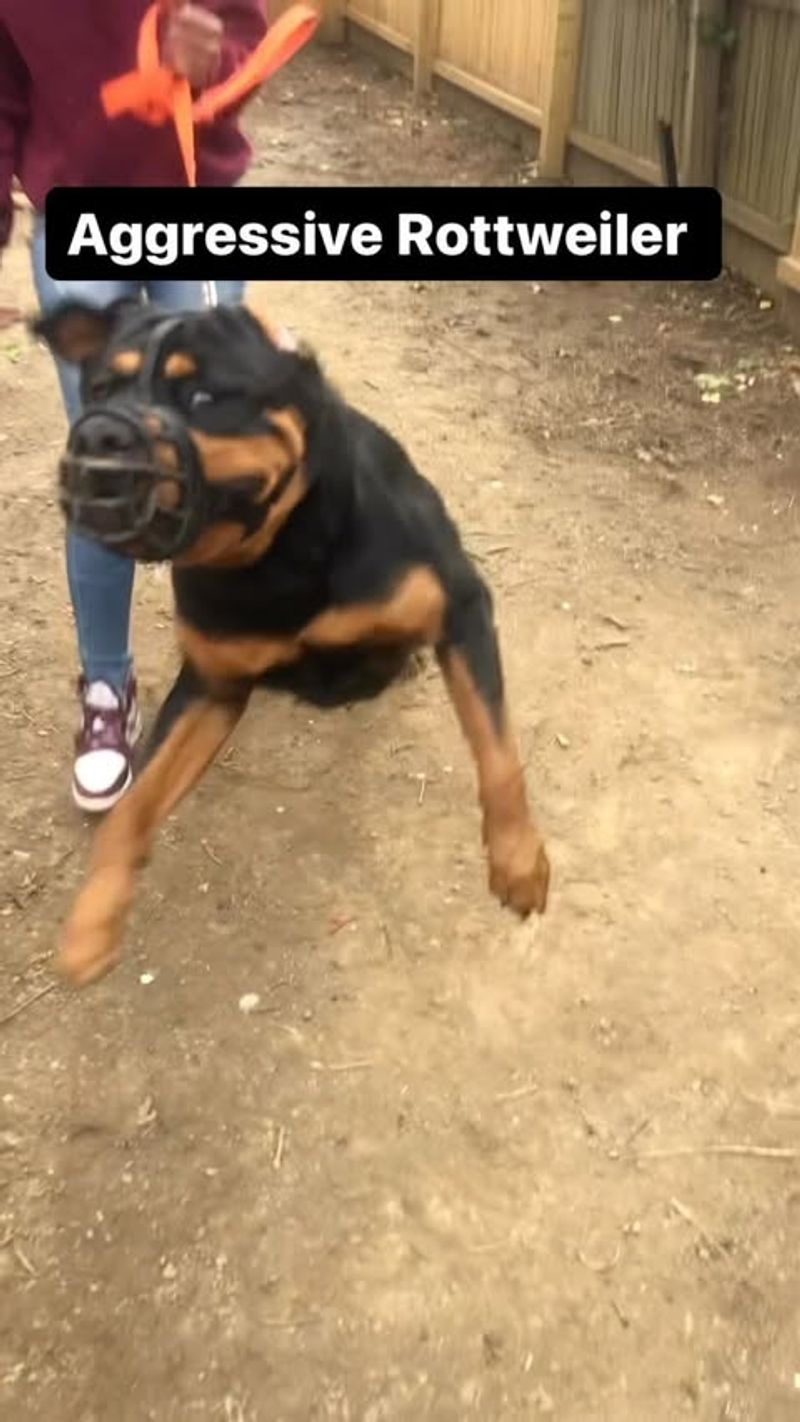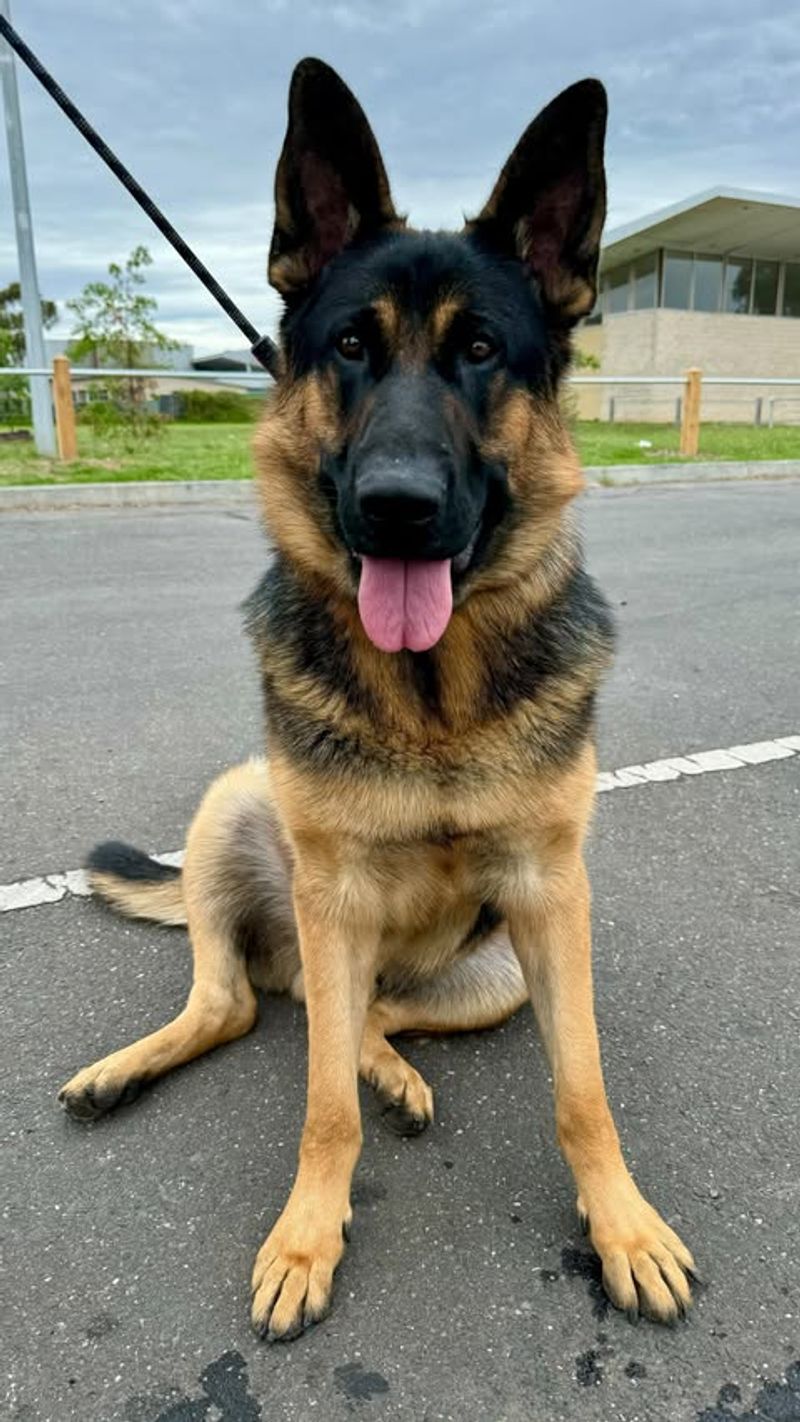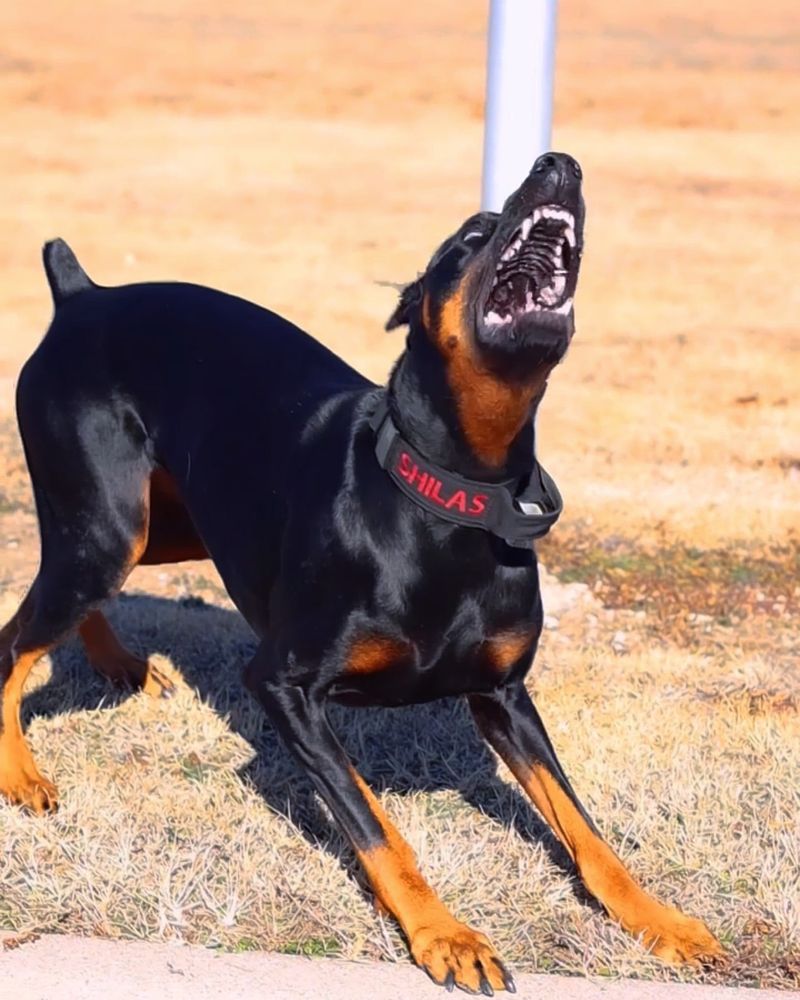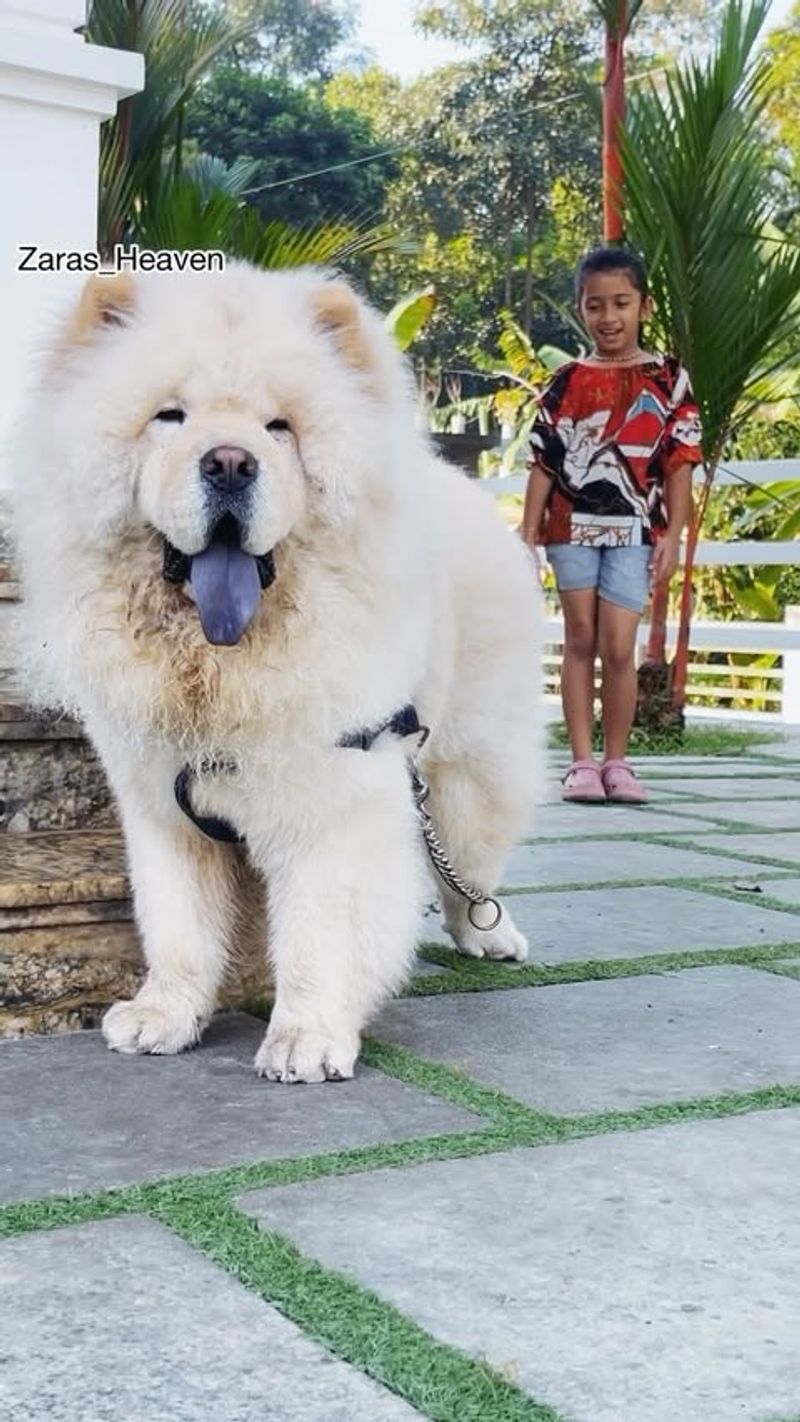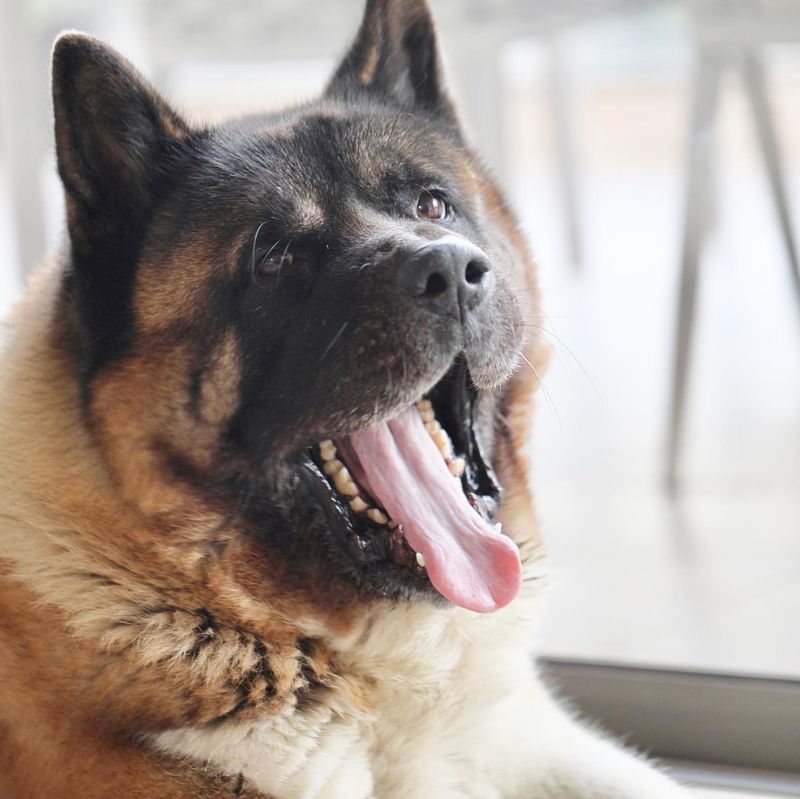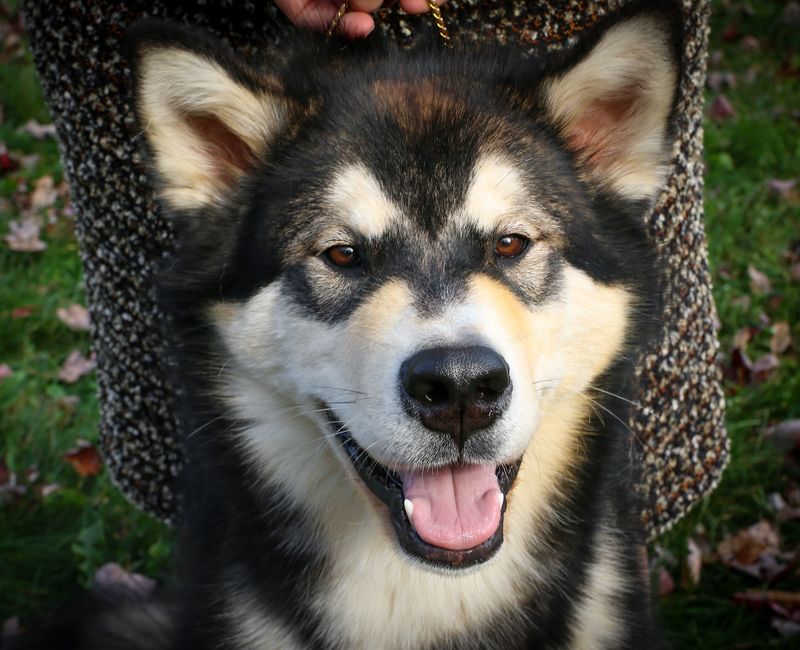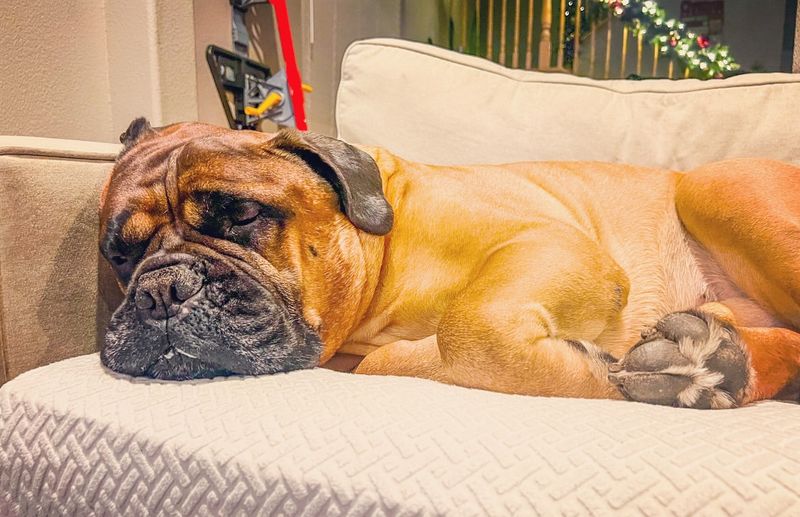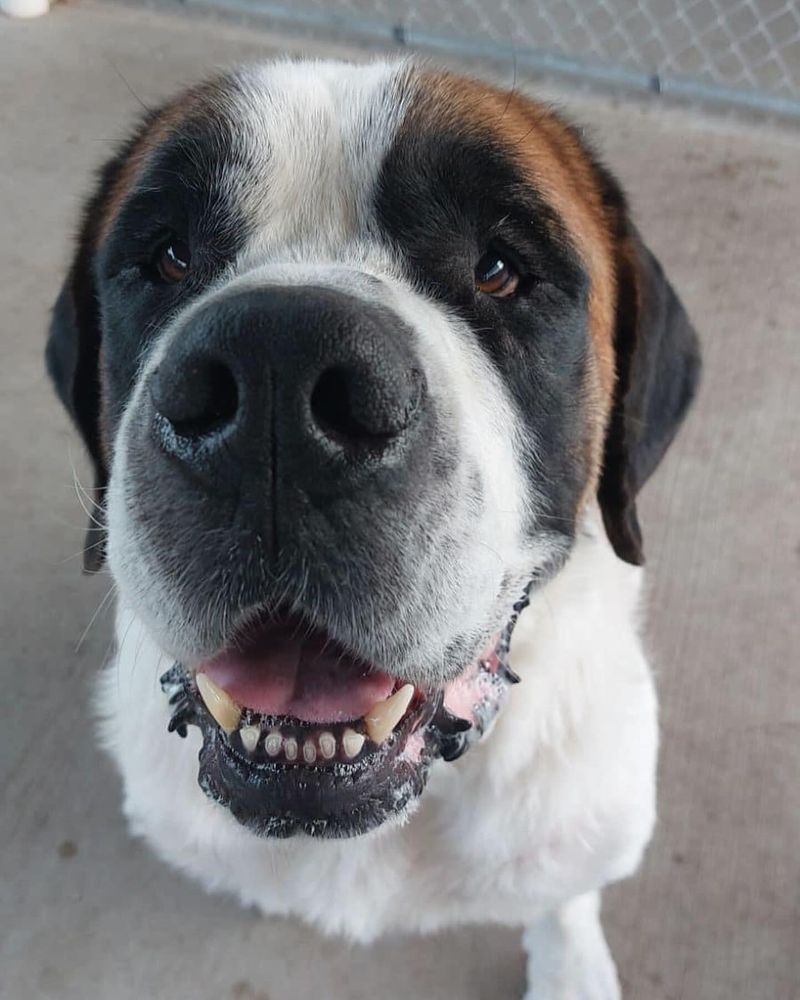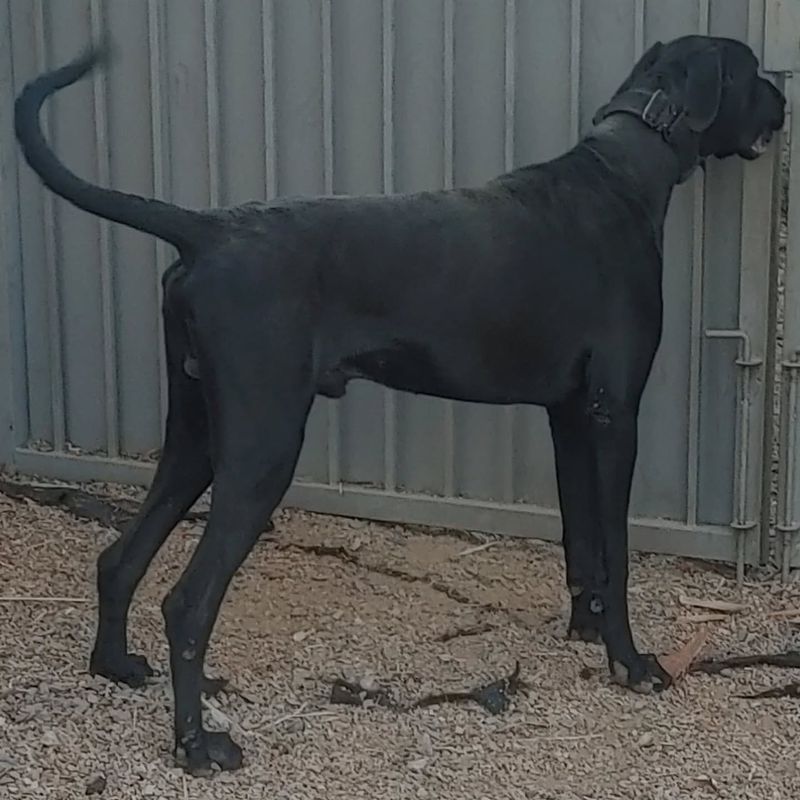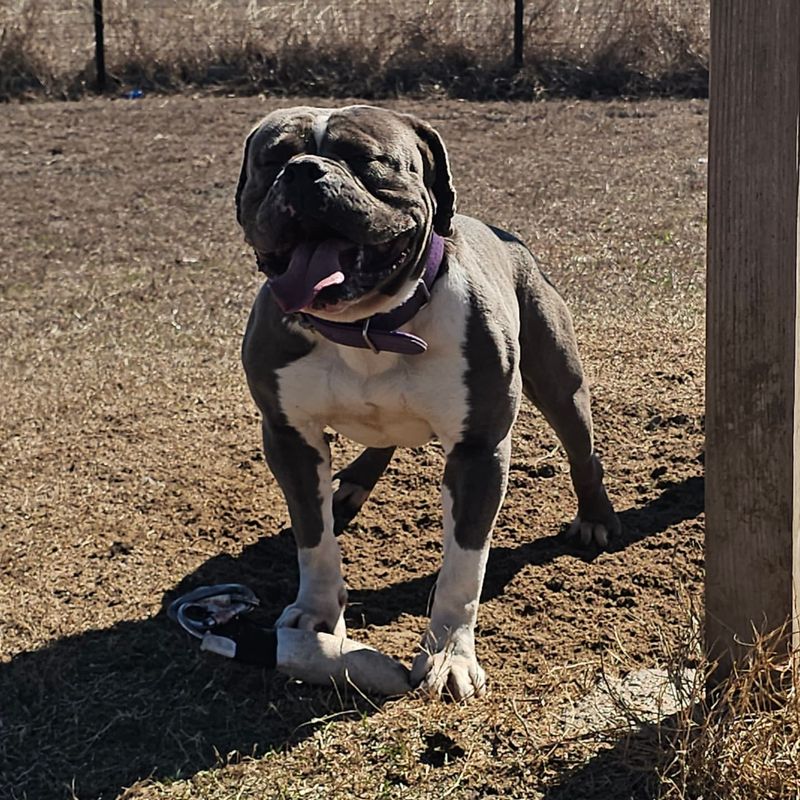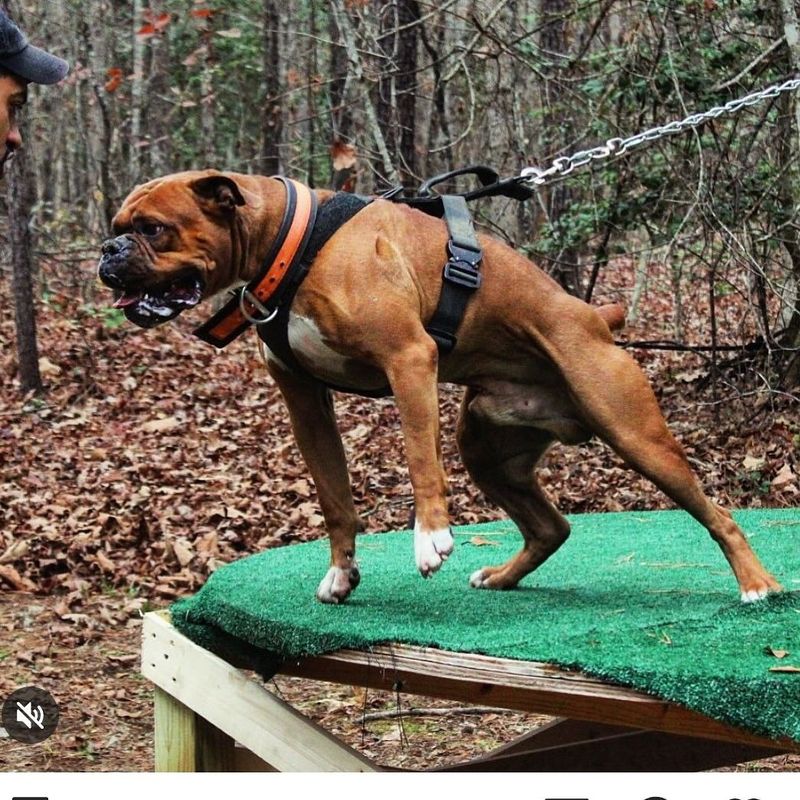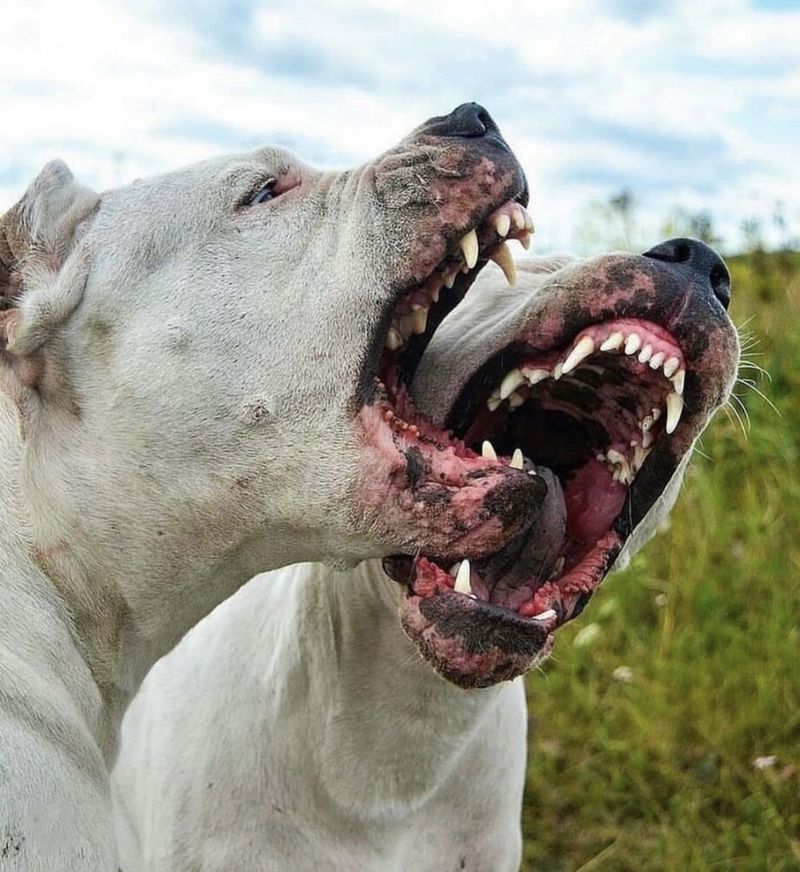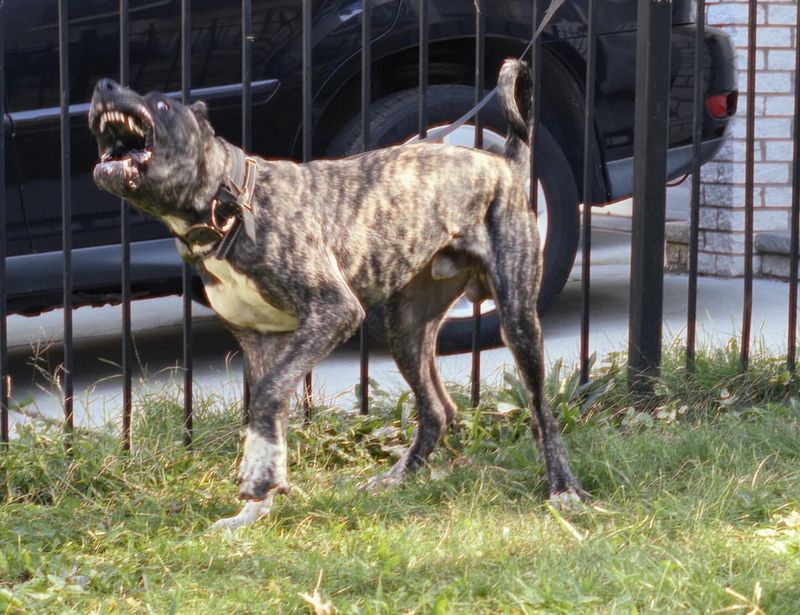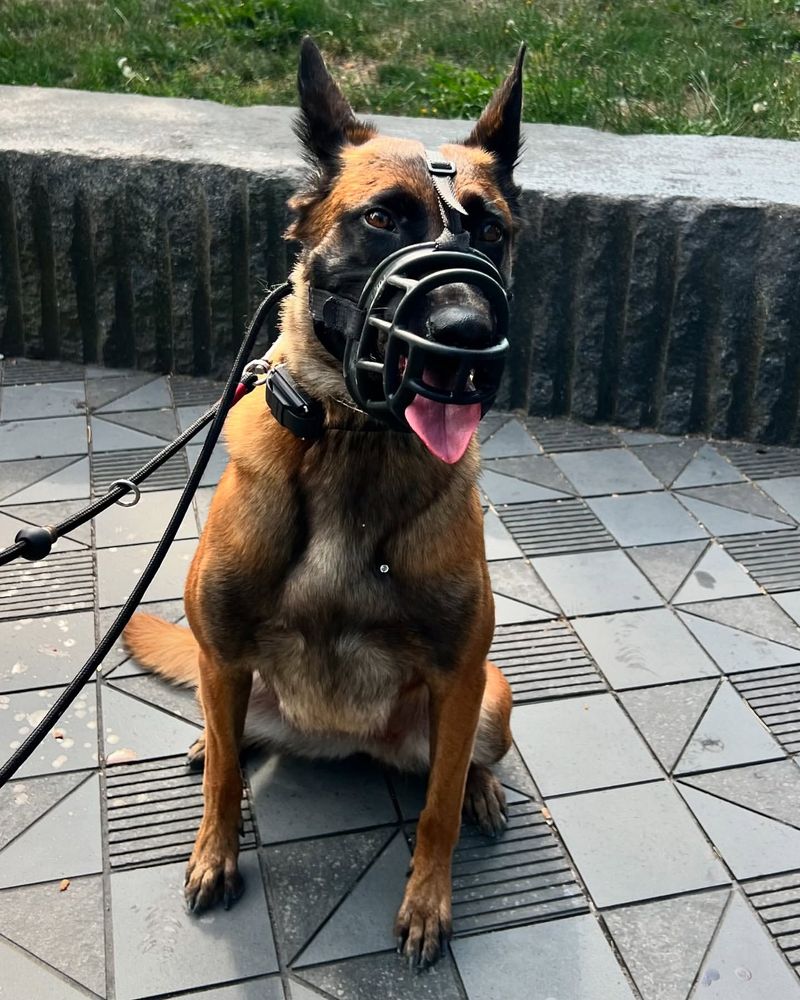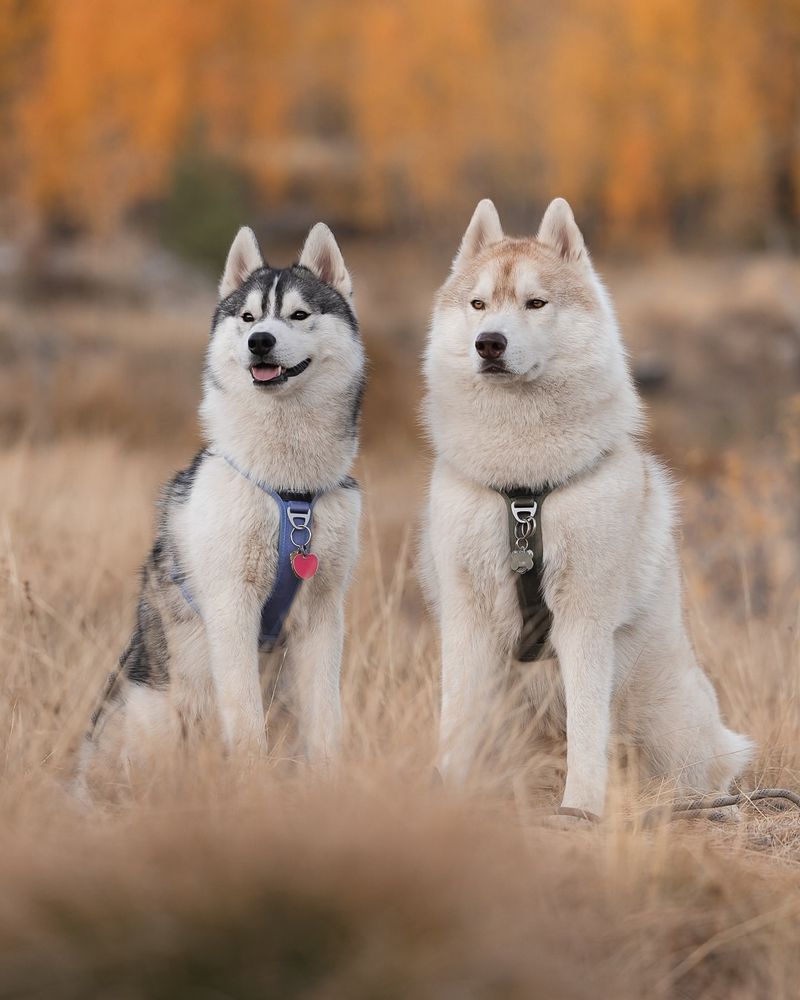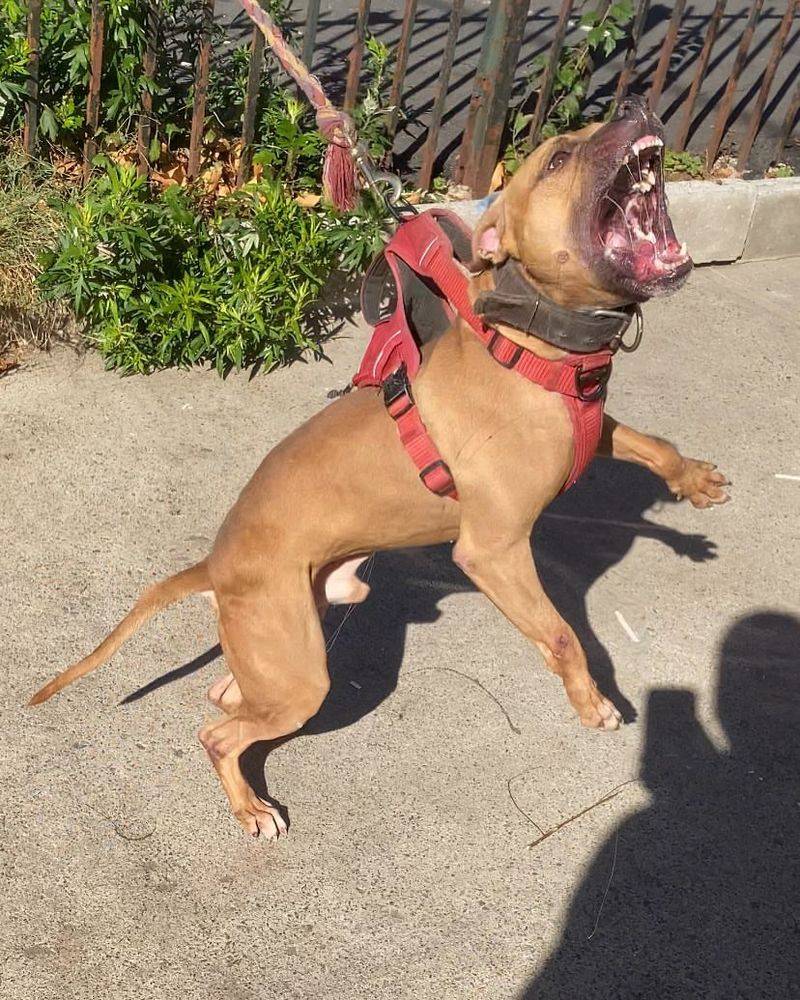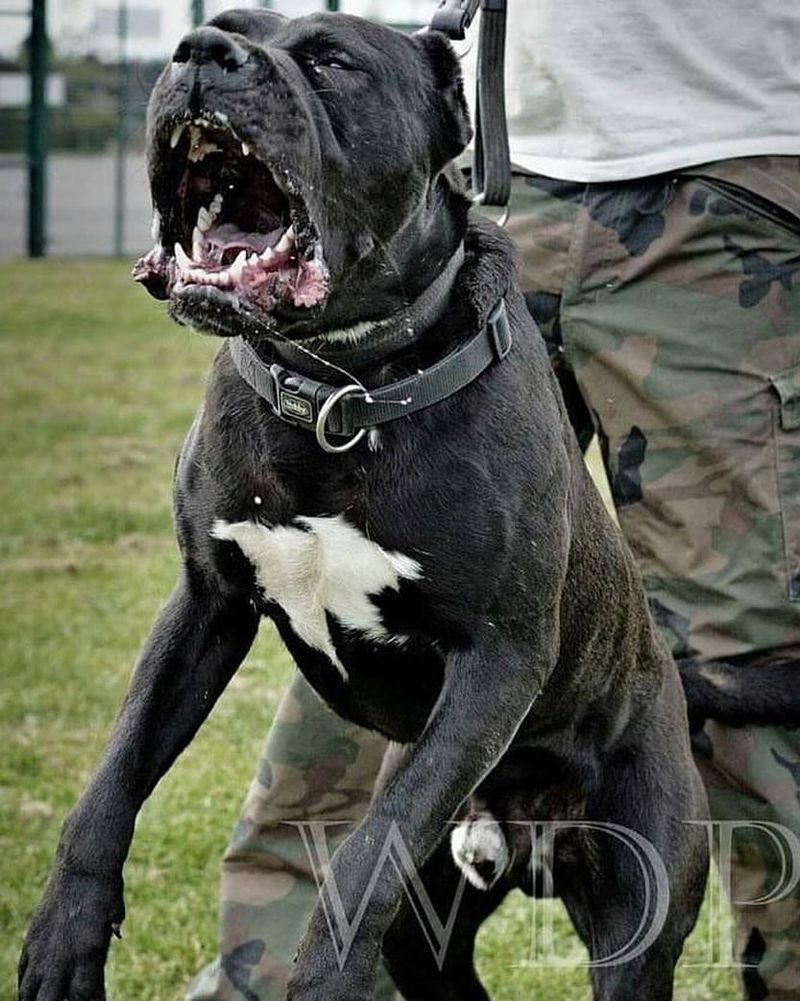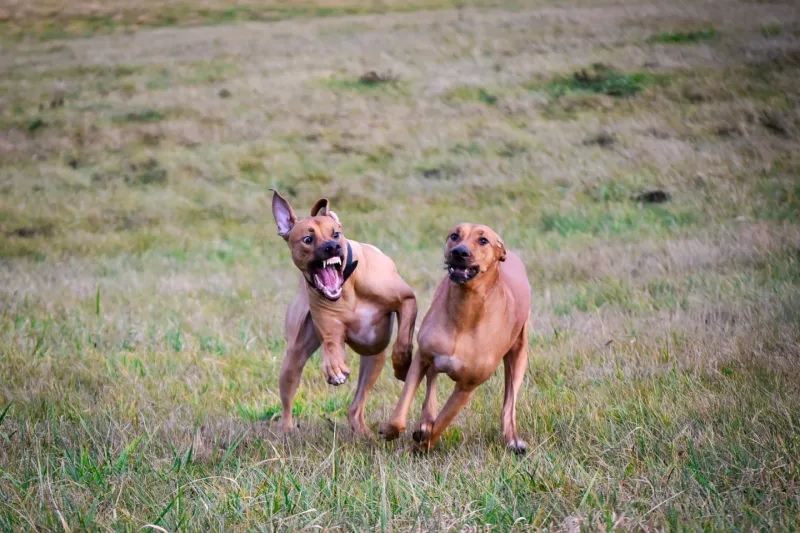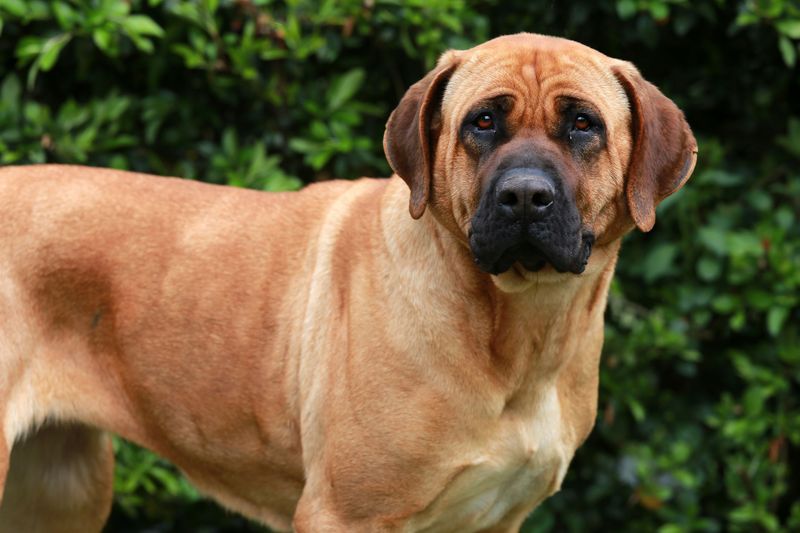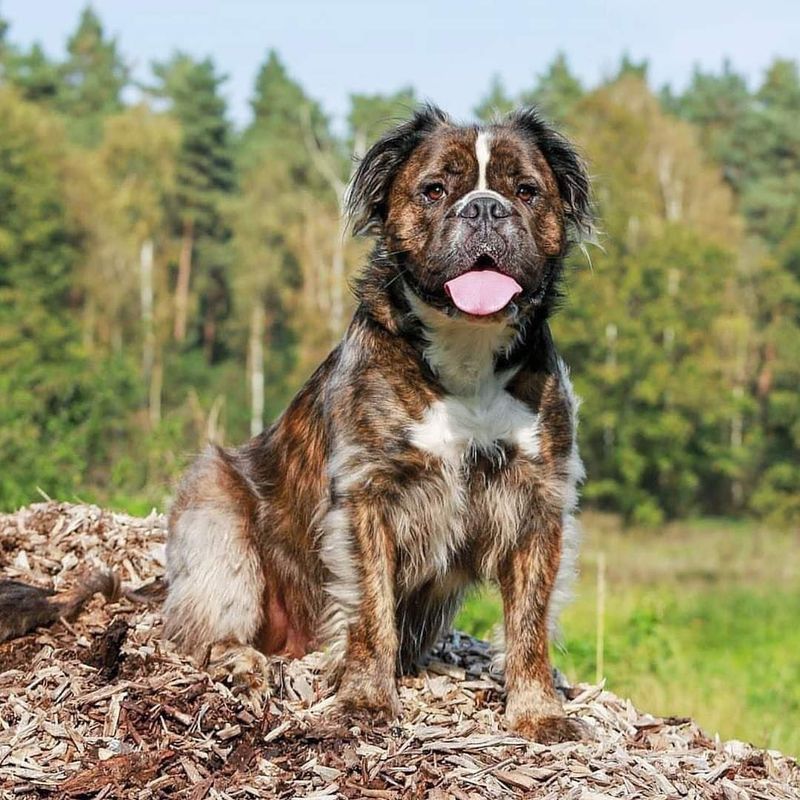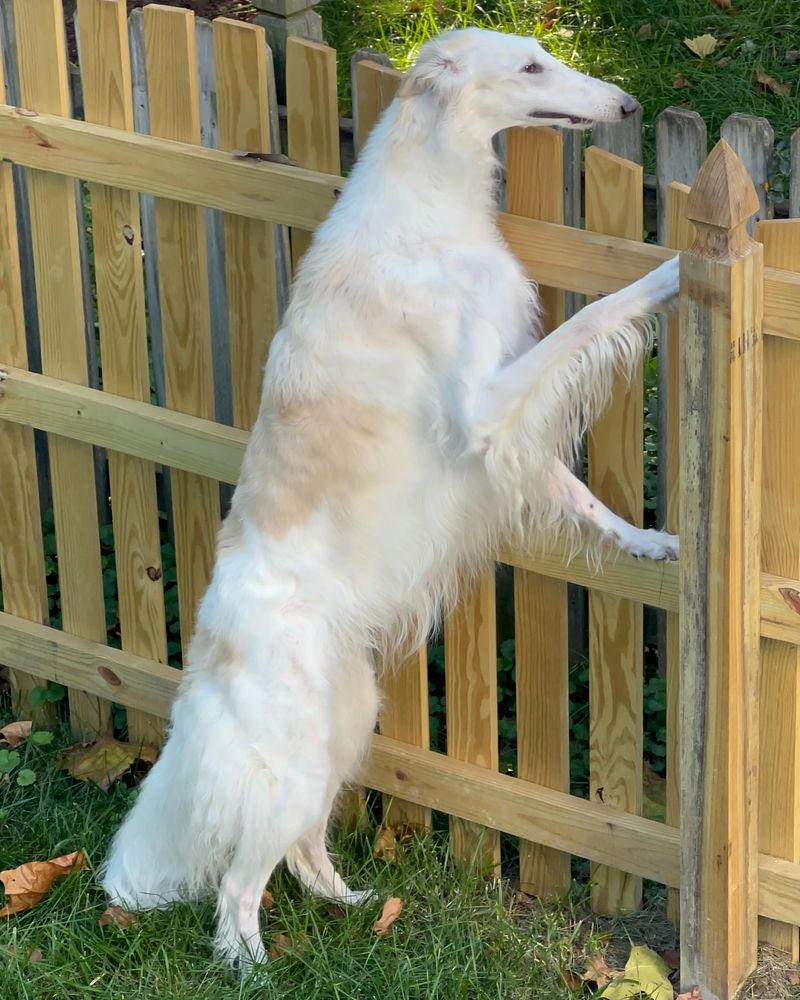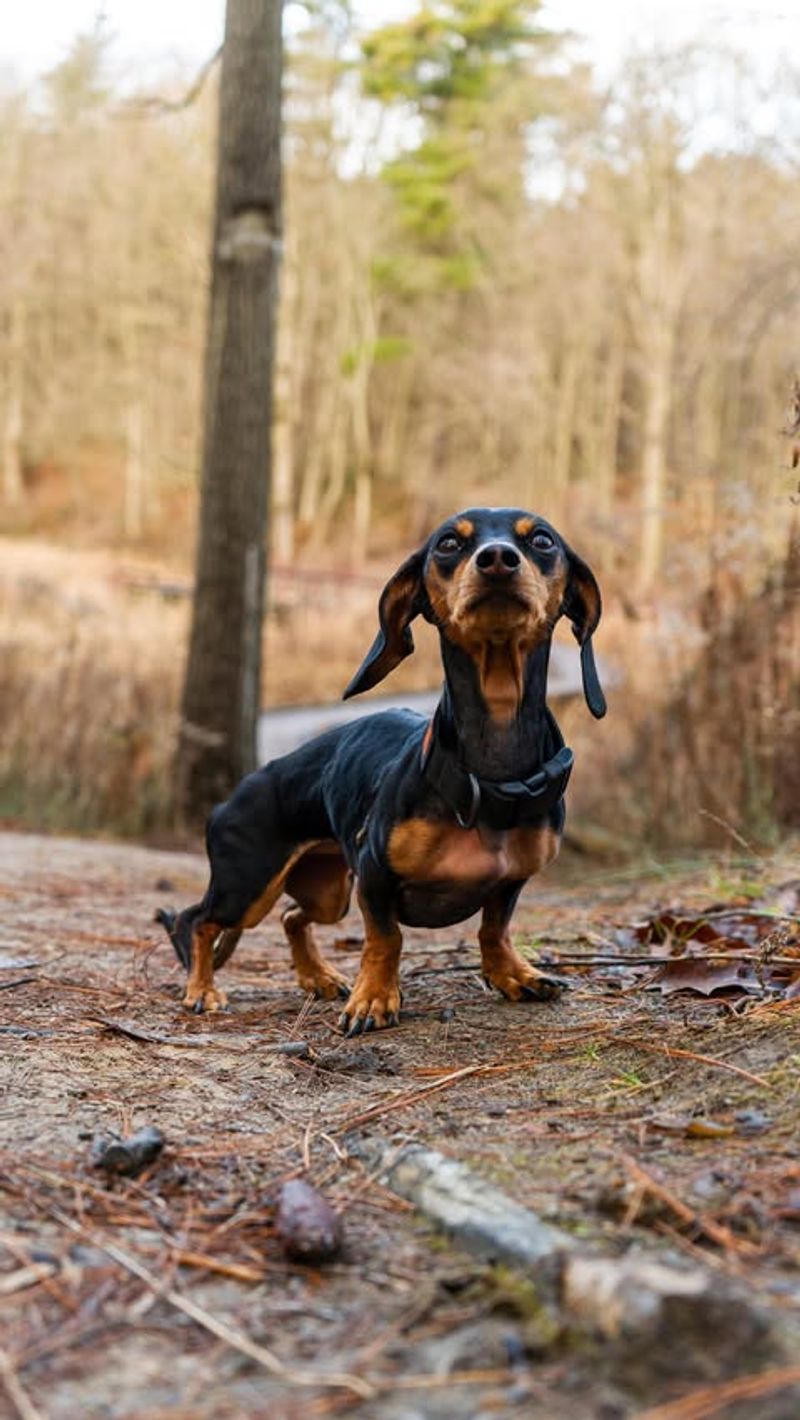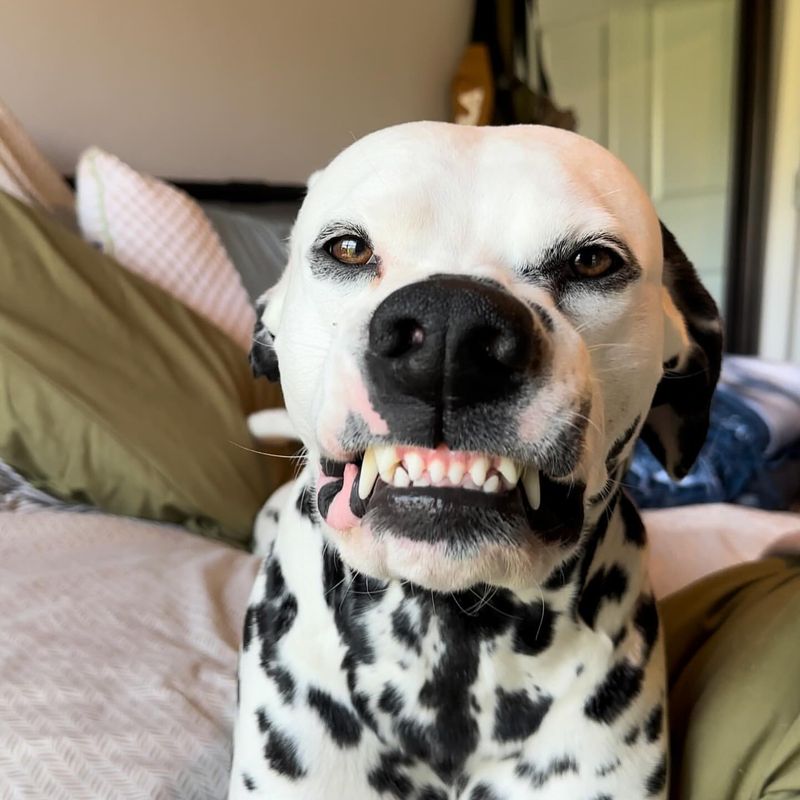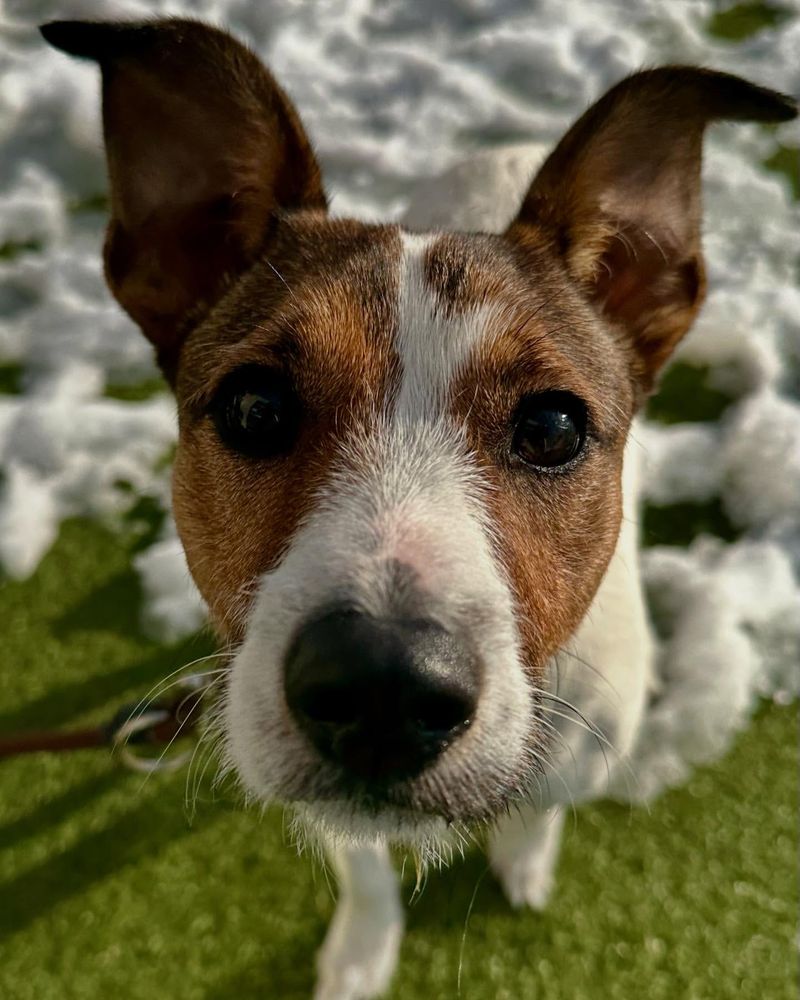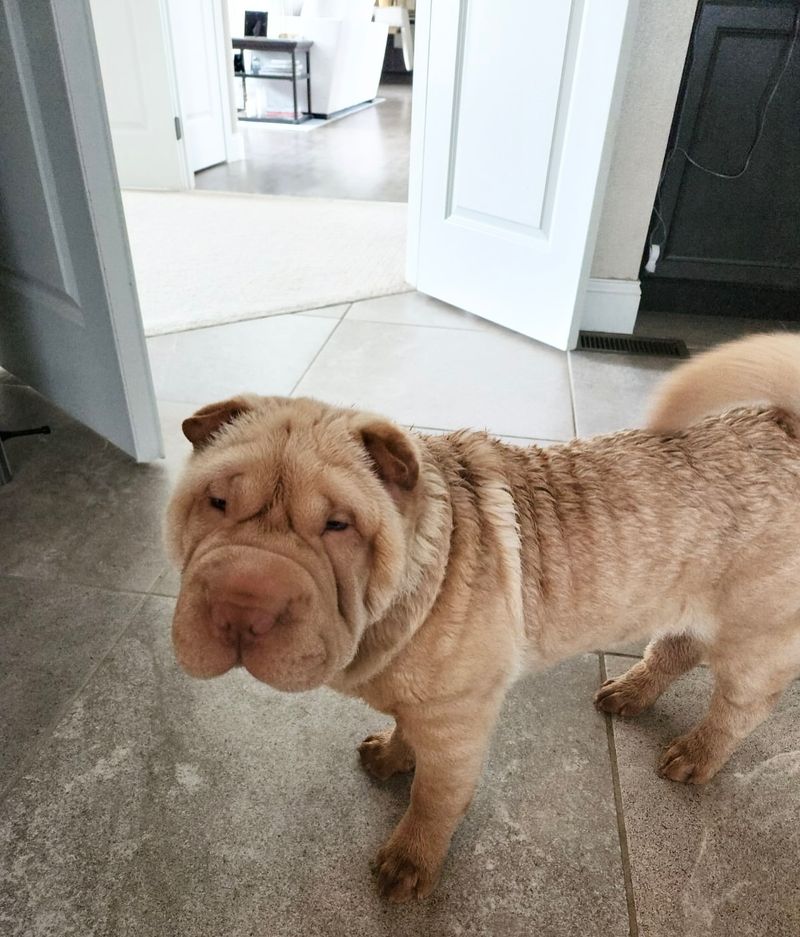In this blog post, we explore the unique characteristics of 26 dog breeds often perceived as aggressive. Understanding the behavior of these breeds and learning effective management techniques can foster a safer and more harmonious relationship between owners and their pets. This guide not only highlights the challenges but also provides practical advice for nurturing well-behaved companions.
Rottweiler
Rottweilers are known for their loyalty and protective nature. Early socialization is crucial to prevent territorial behavior.
Introduce them to various environments and people to foster confidence. Use calm and assertive commands to guide their actions, ensuring they understand boundaries.
Providing mental stimulation through puzzle toys or advanced obedience classes keeps them engaged. Consistent, loving discipline helps develop their innate guarding abilities without aggression.
German Shepherd
German Shepherds are intelligent and versatile, often serving in roles like police work. They’re protective, requiring structured training.
Establish leadership early to guide their behavior positively. Obedience training should be a regular part of their routine.
Engage them in mentally stimulating activities such as tracking games or obedience sports. Building a strong bond through positive interactions prevents unwanted aggression and enhances their loyal nature.
Doberman Pinscher
Doberman Pinschers are known for their alertness and loyalty. They require firm yet gentle guidance to harness their energetic spirit.
Start socialization early, exposing them to various experiences and environments. Consistent training sessions help reinforce positive behavior.
Mental and physical exercise, like interactive play or obedience challenges, keeps them balanced. Building trust through consistent routines and affection curbs unwanted aggression and nurtures their natural guarding instincts.
Chow Chow
Chow Chows are dignified and reserved, traits often mistaken for aggression. Socialize them from a young age to prevent aloofness.
Introduce them to different settings and people to build confidence and reduce fear-based reactions.
Regular grooming and gentle handling reinforce positive interactions. Consistent routines with clear boundaries help maintain their calm demeanor and prevent territorial tendencies.
Akita Inu
Akitas possess a strong will and independent nature. Early socialization and obedience training are essential for harmonious living.
Expose them to diverse experiences and create structured routines to guide their behavior.
Engage them in family activities to strengthen bonds and reduce aggression. Patience and persistence in training are key to nurturing their protective instincts positively.
Alaskan Malamute
Alaskan Malamutes are energetic and strong-willed. They thrive in environments that provide both mental and physical stimulation.
Start training early, focusing on obedience and socialization. Use positive reinforcement to guide their natural enthusiasm constructively.
Engage them in activities like sledding or hiking to satisfy their need for exercise. Consistent leadership and affection foster a well-adjusted and loving companion.
Bullmastiff
Bullmastiffs are gentle giants known for their loyalty and protective nature. Early training is crucial to manage their size and strength.
Use firm yet loving commands to establish boundaries and encourage obedience. Socialize them with various people and pets to reduce anxiety.
Engage them in family-oriented activities to build trust and reduce boredom-related aggression. Consistency and affection are key to fostering their naturally calm disposition.
Saint Bernard
Saint Bernards are known for their gentle nature and strength. Training them early helps manage their size and prevent stubbornness.
Use positive reinforcement and patience to guide their behavior. Socialization with different environments and people enhances their confidence.
Regular exercise and mentally stimulating activities keep them balanced. Their friendly disposition thrives in loving, structured homes where they feel included.
Great Dane
Great Danes are gentle giants with a loving temperament. Socialization and training are vital to manage their immense size.
Introduce them to various experiences and settings to foster a well-rounded personality. Use gentle commands to guide their actions.
Engage them in interactive play to provide mental stimulation. Consistent affection and routine help maintain their calm demeanor and prevent anxiety-induced aggression.
American Bulldog
American Bulldogs are energetic and loyal. Structured training helps manage their exuberance and build positive behavior patterns.
Use firm commands with positive reinforcement to guide their actions. Socialization with other pets and people is essential to prevent territorial tendencies.
Regular exercise, such as agility training or long walks, channels their energy constructively. Building trust and companionship through consistent interactions nurtures their loving nature.
Boxer
Boxers are lively and affectionate, requiring consistent training to harness their high energy. Early socialization prevents dominance issues.
Use engaging training sessions to teach obedience, ensuring they’re mentally and physically stimulated.
Regular exercise, like fetch or agility courses, helps channel their playful energy. Positive reinforcement builds trust and curbs stubborn tendencies, fostering a loving companion.
Dogo Argentino
Dogo Argentinos are robust and determined, often used for protection. Early socialization is key to manage their assertive nature.
Introduce them to diverse environments to build confidence and reduce aggression. Use firm, positive training methods to guide behavior.
Engage them in physical activities, like running or advanced obedience, to satisfy their need for exercise. Consistent leadership fosters respect and trust, curbing unwanted tendencies.
Presa Canario
Presa Canarios are confident and territorial, requiring experienced handling. Early training is crucial to harness their protective instincts.
Socialize them with various people and settings to reduce fear-based aggression. Use calm, consistent commands to establish authority.
Engage them in family activities to build trust and prevent boredom. Providing mental challenges and physical exercise ensures a balanced, well-behaved companion.
Belgian Malinois
Belgian Malinois are intelligent and driven, often seen in working roles. Early training helps channel their high energy productively.
Introduce them to structured routines and activities like agility training to satisfy their mental and physical needs.
Use positive reinforcement to guide behavior and build trust. Consistent engagement with family activities reduces stress-induced aggression, enhancing their loyal nature.
Siberian Husky
Siberian Huskies are known for their vibrant energy and independence. Structured training and socialization are essential.
Engage them in activities like sledding or running to channel their energy constructively. Use firm yet gentle commands to guide their behavior.
Providing mental stimulation through interactive play and challenges helps prevent boredom-induced mischief. Building a strong bond through affectionate interactions fosters loyalty and reduces unwanted tendencies.
Pit Bull Terrier
Pit Bull Terriers are often misunderstood due to their powerful build and history. With proper training and socialization, they can be loving pets.
Ensure consistent obedience training from an early age to manage their natural tenacity. Use positive reinforcement techniques to build trust and encourage good behavior.
Regular exercise is essential to channel their energy positively. Engage them in activities like fetch or agility training. This breed thrives on companionship, so spending quality time with them reduces anxiety and stress-related aggression.
Cane Corso
Cane Corsos are protective and strong-willed, requiring firm guidance. Early socialization and obedience training are vital.
Introduce them to various environments to foster adaptability and confidence. Use positive reinforcement to encourage good behavior.
Engaging them in family activities builds trust and reduces anxiety. Consistent leadership and affection help develop their guarding instincts into protective yet gentle behavior.
Rhodesian Ridgeback
Rhodesian Ridgebacks are independent and intelligent. Early training and socialization help guide their strong-willed nature.
Use positive reinforcement and structured routines to encourage obedience. Expose them to various people and settings to build confidence.
Engage them in physical activities like running or tracking to satisfy their energetic spirit. Building a strong bond through consistent affection curbs unwanted aggression and fosters loyalty.
Tosa Inu
Tosa Inus are calm and reserved, yet possess a strong protective instinct. Early training and socialization are crucial for balanced behavior.
Introduce them to different environments to enhance adaptability and reduce anxiety. Use firm, consistent commands to guide their actions.
Engage them in family-oriented activities to build trust and companionship. Providing mental and physical challenges helps prevent boredom-induced aggression, nurturing their loyal nature.
Fila Brasileiro
Fila Brasileiros are loyal and protective, with a natural guarding instinct. Early socialization is essential to manage their assertiveness.
Introduce them to various people and settings to build confidence and reduce fear-based reactions. Use calm, consistent training methods to guide behavior.
Engage them in family activities to foster trust and companionship. Providing mental stimulation and physical exercise ensures a balanced, well-behaved companion.
Borzoi
Borzois are sensitive and independent, known for their elegance. Early socialization helps manage their reserved nature.
Introduce them to various experiences and environments to build confidence and reduce anxiety. Use gentle, positive training methods to guide behavior.
Engage them in activities like lure coursing to satisfy their natural instincts. Building a strong bond through affectionate interactions prevents unwanted aggression and enhances their gentle demeanor.
Dachshund
Dachshunds are bold and curious, often exhibiting a strong prey drive. Early training helps manage their tenacious nature.
Use positive reinforcement to guide behavior and encourage obedience. Socialize them with various people and pets to reduce territorial tendencies.
Engage them in activities like scent games or short walks to provide mental and physical exercise. Building a strong bond through affectionate interactions nurtures their loyal and loving nature.
Dalmatian
Dalmatians are energetic and intelligent, requiring structured training to manage their exuberance. Early socialization prevents stubbornness.
Use engaging training sessions and positive reinforcement to teach obedience. Provide regular exercise to channel their playful energy constructively.
Engage them in activities like running or advanced obedience to satisfy their mental and physical needs. Building trust through consistent affection and companionship prevents anxiety-induced behaviors.
Jack Russell Terrier
Jack Russell Terriers are energetic and intelligent, requiring firm guidance. Early training and socialization help manage their high energy.
Use positive reinforcement to guide behavior and encourage obedience. Engage them in agility training or interactive play to channel their enthusiasm constructively.
Provide mental challenges and regular exercise to prevent boredom-induced mischief. Building a strong bond through consistent affection nurtures their loving, spirited nature.
Chihuahua
Chihuahuas are small yet spirited, often exhibiting a bold personality. Early training helps manage their territorial tendencies.
Use positive reinforcement to guide behavior and encourage socialization with various people and pets.
Engage them in gentle play and short walks to provide mental and physical exercise. Building a strong bond through affectionate interactions ensures a loving companion without unnecessary aggression.
Shar Pei
Shar Peis are known for their calm and reserved nature. Early socialization and training help manage their independent spirit.
Introduce them to various environments to build confidence and reduce anxiety-induced aggression. Use gentle, consistent commands to guide behavior.
Engage them in family activities to foster trust and companionship. Providing mental stimulation and affection ensures a balanced, well-behaved companion.
